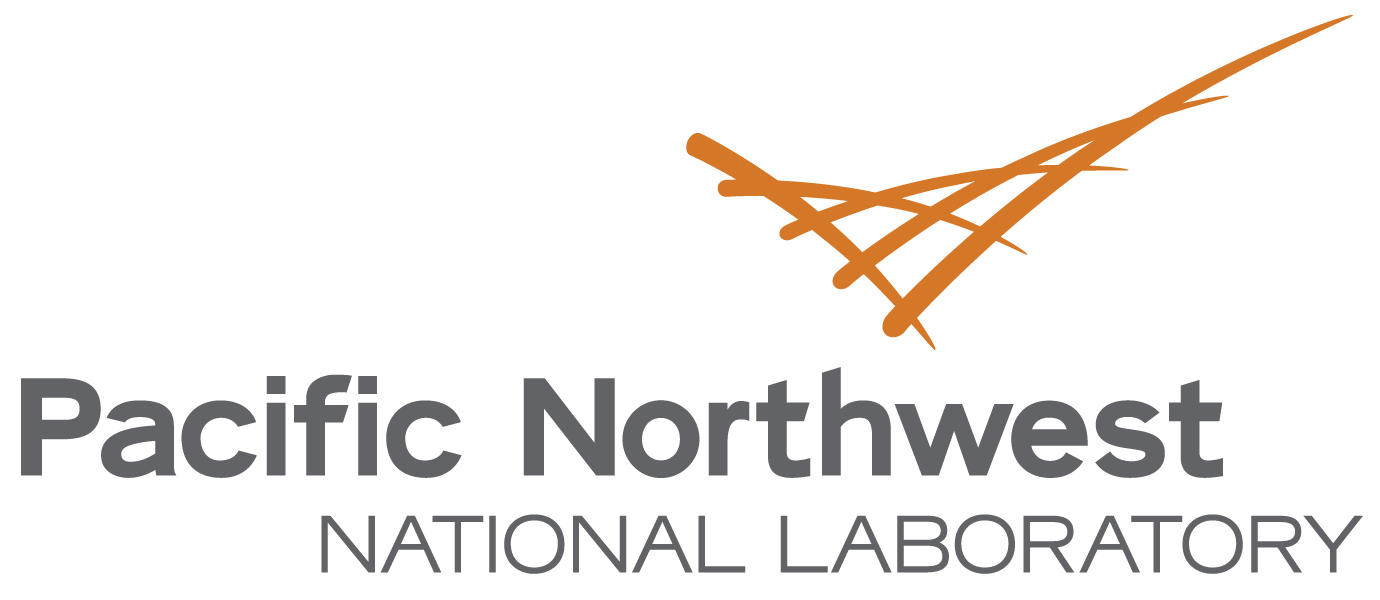Newswise — RICHLAND, Wash.—From buildings, to transportation, to electricity generation and energy storage, Pacific Northwest National Laboratory has long been a leader in providing clean energy solutions. Now, as one of four national laboratories in the Department of Energy’s Net Zero Labs (NZL) Pilot Initiative, announced earlier today, the laboratory is aiming to be among the first federal facilities to achieve net-zero greenhouse gas emissions.
Reducing greenhouse gas emissions—including carbon dioxide—is a key step towards addressing climate change. As part of NZL, PNNL will demonstrate how new technologies, innovative approaches and partnering with industry and communities can lead to net-zero emissions and decarbonization of operations.
Other laboratories participating in the NZL Pilot Initiative are Idaho National Laboratory, the National Energy Technology Laboratory, and the National Renewable Energy Laboratory. Together, with PNNL, their collaborative efforts are expected to lead to new knowledge and net-zero solutions that can be replicated across the national laboratory system and the nation.
PNNL’s role in NZL aligns with the laboratory’s own Net-Zero Emissions and Resilient Operations (NZERO) initiative, which seeks to fully transition to a net-zero campus by 2030. NZERO is focused on replacing current energy sources with low-impact sources, such as renewables, reducing energy use in buildings and fleet vehicles, and enhancing resilience to protect against power disruptions.
The effort includes striving for 24/7 carbon-free energy operations, meaning that all of PNNL’s energy would come from clean sources around the clock. The initiative also leverages PNNL’s research capabilities to demonstrate and evaluate technologies and approaches under realistic operating conditions, with PNNL’s Richland and Sequim campuses serving as living laboratories.
“PNNL is ideally suited to help the nation meet its ambitious climate and energy goals,” said PNNL Director Steven Ashby. “The DOE and PNNL initiatives integrate our research strengths in clean energy systems with our focus on efficient and sustainable campus operations and key partnerships with local communities, utilities and other stakeholders.”
To achieve its NZERO goals, PNNL will move away from using energy provided by carbon-intensive sources, such as natural gas, and transition to electrifying its buildings, vehicles and equipment in partnership with local electric utilities, which also are committed to clean energy sources.
The laboratory also will reduce energy use and emissions through efficiency upgrades and operational changes. For example, PNNL will use waste heat captured from supercomputers to heat other buildings on its Richland campus and is taking steps to address potential emissions of gases when research equipment is serviced.
To improve the energy resilience of PNNL’s operations while making progress toward net-zero goals, PNNL will update building design standards and model campus buildings. These efforts will inform and test new designs and operating approaches to optimize performance in a way that reduces emissions and protects against disruptions in electric utility service.
PNNL will draw upon its expertise in energy efficiency, power grid architecture, energy storage and other research areas to develop, demonstrate and deploy innovative technologies toward net-zero carbon emissions.
“Regional stakeholder engagement will be key to accelerating adoption,” Ashby noted. “PNNL will be partnering with local and regional utilities, city and state governments, research institutions and community organizations to both contribute to NZERO demonstrations and to share in our learning.”
The State of Washington has already invested in a renewable energy demonstration that will help begin the transition to net-zero emissions at the PNNL-Sequim campus on Washington’s Olympic Peninsula.
“Achieving 24/7 net-zero emissions and energy resilient operations at PNNL by 2030 is an ambitious goal,” Ashby acknowledged. “But, with DOE’s investment in the NZL Pilot Initiative—along with our innovation and commitment, ongoing campus modernization, and robust collaborations and community partnerships—we can get there.”
For more about PNNL’s NZERO initiative, see https://www.pnnl.gov/net-zero.
# # #
About PNNL
Pacific Northwest National Laboratory draws on its distinguishing strengths in chemistry, Earth sciences, biology and data science to advance scientific knowledge and address challenges in sustainable energy and national security. Founded in 1965, PNNL is operated by Battelle for the Department of Energy’s Office of Science, which is the single largest supporter of basic research in the physical sciences in the United States. DOE’s Office of Science is working to address some of the most pressing challenges of our time. For more information, visit https://energy.gov/science. For more information on PNNL, visit PNNL's News Center. Follow us on Twitter, Facebook, LinkedIn and Instagram.


